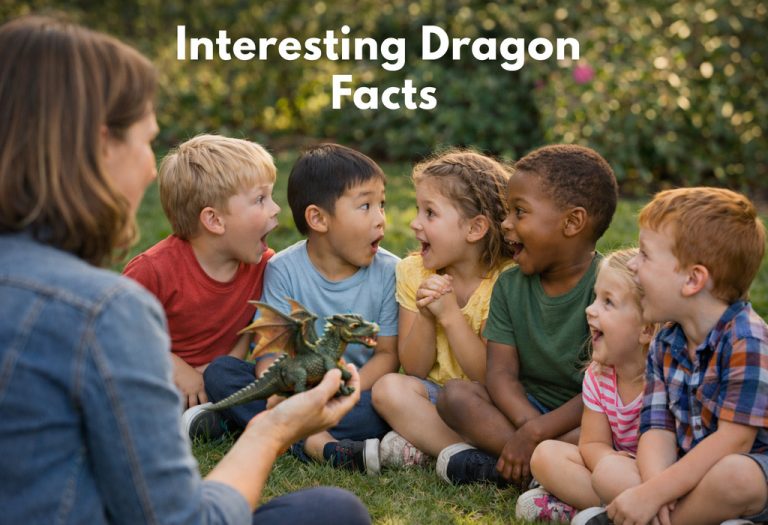Antisocial Behavior in Children – Causes, Symptoms, & Prevention

Children grow up in myriad ways, each with their own unique personalities and behaviors. Some might be quiet and obedient, while others might be naughty, rebellious, or constantly at loggerheads with everyone. At times, these behaviors seem too extreme and could be indicative of antisocial tendencies. Research suggests that ASPD kids’ experiences often play a significant role in shaping these behaviors. Early signs of childhood antisocial personality disorder (ASPD) may include aggression, deceitfulness, and a disregard for rules. Understanding the root causes is crucial in providing the right support. It is important to know how to help an antisocial child and understand where their struggles originate from.
What Is Antisocial Behavior?
Antisocial behavior can be concisely described as a tendency to behave in a manner that alienates a person from society. It usually involves defiant or aggressive behavior, coupled with hostile interactions causing harm to others, willfully (1).
Types of Antisocial Behavior in Kids
Antisocial behavior in children can manifest in various ways. Recognizing these patterns early can help parents, teachers, and caregivers intervene effectively. Below are some common types of antisocial behavior seen in kids.
1. Overt Anti-Social Behavior
These are visible behavioral challenges where children express difficulties through outward actions. You might observe physical aggression like hitting or shoving, loud verbal outbursts, intense emotional reactions, or premature experimentation with substances. These behaviors typically suggest the child needs support in developing healthier emotional regulation and social skills.
2. Covert Anti-Social Behavior
Some children demonstrate more subtle behavioral patterns that can be harder to recognize. This may include frequent dishonesty, skipping school, cheating, or manipulating situations. Such behaviors often indicate challenges with empathy development and moral understanding, with these patterns sometimes emerging surprisingly early in childhood.
3. Relational Aggression
This form of social hostility operates through relationships rather than physical means. It includes spreading rumors, deliberate social exclusion, or using digital platforms to harass others. While less obvious than physical aggression, the emotional consequences for affected children can be significant and long-lasting.
4. Property Damage
Some children express distress through inappropriate actions toward objects or environments, such as vandalism or theft. These behaviors often represent attempts to cope with strong emotions they haven’t yet learned to process in healthier ways.
Causes of Antisocial Behavior in Childhood
The reasons why antisocial behavior may manifest in the childhood of a kid depends on numerous factors. Most of them can be generally grouped into a few categories (2).
- A home that is constantly filled with stressful incidents, domestic violence, unstable conditions or generally lacking a feeling of calm and safety.
- Parents that fail to guide children properly, make use of improper and aggressive parenting practices causing a negative impact on the child (3).
- A history of antisocial behavior in the parents or throughout the lineage, leading to the presence of genetic factors causing the same (4).
- The neighbourhood of the child being a hostile environment or the school failing to take care of children and providing them with a safe space (5).
Symptoms of Antisocial Behavior in a Child
There is a chance that some parents might confuse a naughty and slightly rebellious behavior of the child as him being antisocial. However, there are certain strong symptoms that are evident indicators of the presence of this antisocial behavior in childhood (6).
- A tendency to keep committing minor crimes even after repeatedly making them aware of their offences.
- Leaning towards destroying neighbourhood property in general or of any specific people, as well as vandalizing cars or walls with abuses.
- A total disregard for any kind of rules or authority meant to streamline the life and rebelling aggressively in the face of it.
- Looking out for costly items and stealing them, pickpocketing, and lying about it even when caught
- Abusing family members or other people as well as indulging in harming pets or other animals nearby.
- Showing no guilt or empathy after hurting others or engaging in harmful actions.
- Using charm, lies, or deceit to exploit others for personal gain.
- Experimenting with drugs, alcohol, or other harmful substances at a very young age.
- Frequently skipping school or running away from home without valid reasons.
These were some of the examples of antisocial behavior in early childhood
Risks of Having Antisocial Personality in Childhood
Keeping a lookout for any antisocial personality disorder symptoms in your child is extremely important. It might simply seem like a phase of their childhood, but there are major risks of the behavior evolving into something extreme and reaching a point of no return.
- Ignorance of repeated incidents of stealing, bullying other kids, cheating in exams, or engaging in violence can lead kids to normalise them and turn into antisocial elements when they grow up.
- Children engaging in antisocial behavior are more prone to fall prey to harmful personal habits such as smoking, alcoholism as well as drug use, leading them to further criminalise themselves.
- If an antisocial behavior is not diagnosed in time, it can morph into a conduct disorder, causing kids to act in inappropriate ways and violate the privacy of other individuals. At times, it could even turn out to be an oppositional defiant disorder, or ODD, which causes kids to react aggressively or fail to control their temper when things don’t turn their way.
Antisocial Personality Disorder in Children
There are numerous examples of antisocial personalities in our societies and most of them are the extremities found in adults. Antisocial personality disorder usually manifests right from childhood. There are many causes that might cause it to develop strongly, and some major signs that can and should be spotted immediately.
1. Causes
Any kind of antisocial behavior results from an experience of different interactions the child has with the society. If the interactions are primarily stressful and related to conflicts, a child’s ability and temperament to deal with them can vary.
Conditions of hyperactivity or depression can further be responsible for this behavior. At times, genetic conditions running in the family or brain-development related abnormalities could be a strong precursor to manifesting this behavior in a child, even when the environment around him isn’t so.
2. Symptoms
Symptoms of such behavior start from talking back rudely to adults, refusal to obey any instructions given by parents. These then morph to school-related issues, bullying and disregard for authority, as well as a rebellious attitude filled with aggression, when a child is stopped in his tracks.
Tips to Treat Childhood Antisocial Behavior
Treating any kind of behavioral disorder is not an easy task. It involves an unlearning process on the part of the child as well as a huge amount of patience, love and understanding for the parents. There are some techniques one can use to take the first steps and start handling the disorder in a better way (7).
- You can engage in some therapy that is focused on families as well as counselling of adolescents. These therapy sessions can help understand where the behavior is stemming from and tackle the motivations behind it.
- Intervention sessions can be organized as well for the entire family, in case the situation within the home itself is quite stressful. This can help re-establish a better atmosphere in the house, to begin with.
- Opting for CBT, or cognitive behavioral therapy has been known to work wonders for many people. Indulging in tips that help keep your actions and thoughts in check can help children be aware of their behavior.
- Many children have problems in resolving tough situations, leading to frustration and anger. Training can be imparted to them in a variety of ways to develop the right skills to tackle different problems in their lives.
How Can You Prevent Your Child From Being Anti-Social?
As always, prevention of the condition is always better than treating it. There are a few ways activities can be prevented, and these range from being aimed at a group in general to being purely focused on a certain individual.
1. Initial Stage
This is more of a generic prevention step and nipping any possible problems in the bud. It includes undertaking large-scale activities in schools that help kids become aware of the behavior and help them learn the skills to handle conflicts maturely, manage their emotions and keep attitudes in check.
2. Intermediate Stage
This stage of prevention goes a notch higher. It is usually administered on children who have been recognised to show certain signs of antisocial or rebellious behavior. By providing them with customised tutoring, counselling sessions and improving their social skills, the growth of antisocial activities can be stopped.
3. Advanced Stage
This stage is meant specifically for an individual who has shown repeated acts of antisocial behavior and refuses to stop them. A very intense and driven series of counselling sessions would be required at this stage, which would also involve families if needed.
How Can You Address Your Child’s Antisocial Behavior?
Antisocial behavior in children can be concerning, but with the right approach, parents and caregivers can help guide them toward positive change. Below are effective strategies to manage and correct antisocial tendencies in children.
1. Make Clear Rules (And Stick to Them)
Kids need to know exactly what’s expected of them. Take time to explain simple house rules like “no hitting” or “tell the truth” in words they understand. The real key is consistency – if you say there’s a consequence for breaking a rule, you have to follow through every time, even when it’s hard. This helps them learn that actions have predictable results.
2. Catch Them Being Good
Instead of only noticing bad behavior, make a special effort to point out when they do something right. A quick “I saw how nicely you helped your sister” or “Thank you for cleaning up without being asked” can work wonders. Consider using a simple sticker chart where they earn small rewards for good behavior – this makes positive choices feel more rewarding than acting out.
3. Teach Them About Feelings
Many kids with behavior problems struggle to understand emotions – both theirs and others’. Help by naming feelings in everyday situations: “You look frustrated with that puzzle” or “Your friend seemed sad when you took his toy.” Ask gentle questions that help them think about how others feel, and look for children’s books or shows that demonstrate empathy in action.
4. Get Professional Help If Needed
If you’ve tried everything and the problems keep happening, or if the behaviors are really serious (like hurting animals or other kids), it’s time to call in experts. Child psychologists, school counselors, or special education teachers can offer strategies you might not have tried. Don’t wait too long – getting help early makes a big difference.
5. Be a Good Role Model
Your child watches everything you do, especially how you handle anger or frustration. When you make a mistake, show them how to apologize properly. Let them see you taking deep breaths when upset, or being kind to neighbors and store clerks. They’ll learn more from what they see you do than from what you tell them to do.
6. Watch Their Friends
Pay attention to who your child spends time with – kids often copy their friends’ behavior. If certain playmates always seem to get them in trouble, gently steer them toward other friendships through sports teams, clubs, or playdates with calmer kids. You don’t have to ban friends, but you can limit how much time they spend together.
7. Keep a Daily Routine
Children behave better when their day has predictable structure. Try to keep meals, homework time, and bedtime about the same time each day. Make sure there’s time built in for play and exercise too – many behavior problems start when kids are bored or full of pent-up energy. A simple picture chart can help younger kids follow the routine.
8. Look for Hidden Problems
Sometimes, bad behavior is really a cry for help about something else. Could they be struggling in school? Feeling left out after a new baby arrived? Acting out after a divorce? Even changes that seem small to adults can feel huge to kids. Try to look beneath the surface behavior to see if something else might be bothering them.
When to Consult a Doctor
While some challenging behavior is normal in childhood, certain warning signs may indicate a more serious issue needing professional help. Here are key situations when you should consult a doctor or mental health professional:
- Frequent physical aggression (hurting other children, adults, or animals regularly)
- Extreme defiance that never improves, even with consistent discipline
- Lack of guilt or remorse after hurting someone or breaking rules
- Destructive behaviors like setting fires or damaging property on purpose
- Stealing or lying often, even when there’s no clear reason
- Trouble showing empathy (never seeming to care about others’ feelings)
- Risky behaviors that could cause serious harm (running away, using drugs, etc.)
- Behavior problems that interfere with school, friendships, or family life
- Any violent thoughts or threats toward themselves or others
FAQs
1. Can food allergies or nutritional deficiencies cause antisocial behavior?
Some studies suggest that certain food additives, blood sugar imbalances, or deficiencies in omega-3s and zinc may contribute to behavioral issues. While not a primary cause, dietary factors can sometimes worsen impulsivity or aggression in sensitive children.
2. Do gifted children show antisocial traits more often?
Exceptionally bright kids may display what looks like antisocial behavior—such as rejecting rules or isolating themselves—when they’re actually frustrated by boredom or lack of intellectual challenge. This is often mistaken for defiance when it’s really a mismatch with their environment.
3. Could a child’s antisocial behavior be linked to sleep disorders?
Chronic sleep problems like sleep apnea or insomnia can manifest as irritability, aggression, or poor impulse control—mimicking antisocial tendencies. A sleep study might reveal underlying issues affecting behavior.
4. Is there a connection between gut health and antisocial behavior?
Emerging research on the gut-brain axis suggests that imbalances in gut bacteria might influence mood and behavior. Some children with extreme behavioral issues show improvement with probiotic therapy, though more evidence is needed.
Coming to terms with toddler antisocial behavior can be taxing on the parents. However, the earlier a problem is recognised, the better it can be resolved and prevented from developing into something serious.
References/Resources:
1. ResearchGate – Antisocial Behavior
2. National Library of Medicine – Developmental origins of early antisocial behavior
6. Mayo Clinic – Antisocial personality disorder
7. Cleveland Clinic – Antisocial Personality Disorder (ASPD)
Also Read:
Creative Punishment Ideas for Kids
Ways To Manage Out Of Control Child
Effective Ways to Deal With a Stubborn Child
Reasons Why Kids Misbehave & How to Address It
Was This Article Helpful?
Parenting is a huge responsibility, for you as a caregiver, but also for us as a parenting content platform. We understand that and take our responsibility of creating credible content seriously. FirstCry Parenting articles are written and published only after extensive research using factually sound references to deliver quality content that is accurate, validated by experts, and completely reliable. To understand how we go about creating content that is credible, read our editorial policy here.






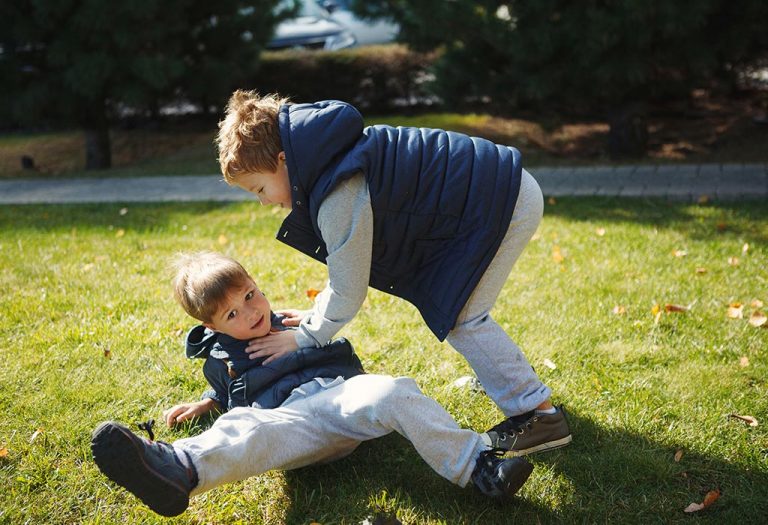
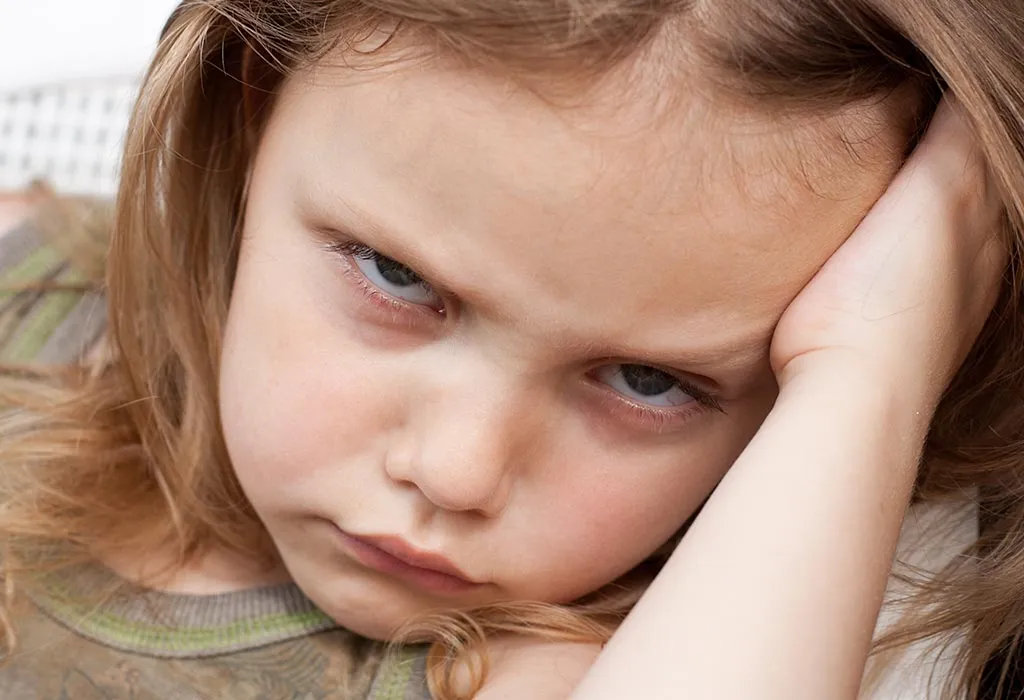
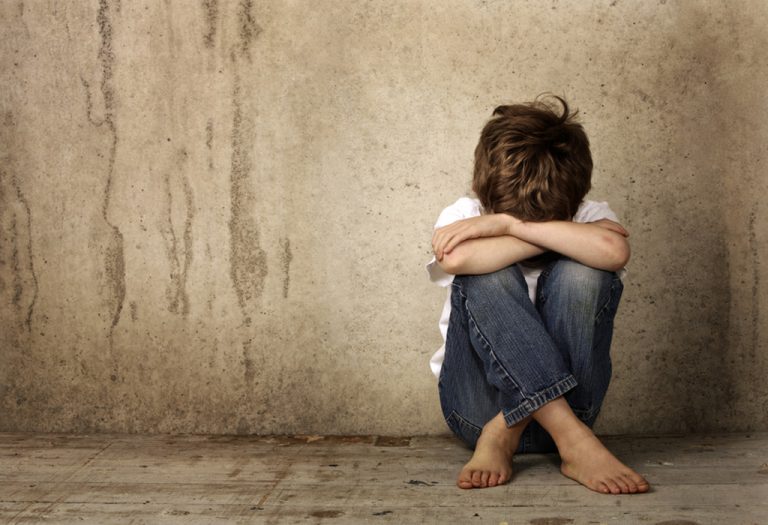
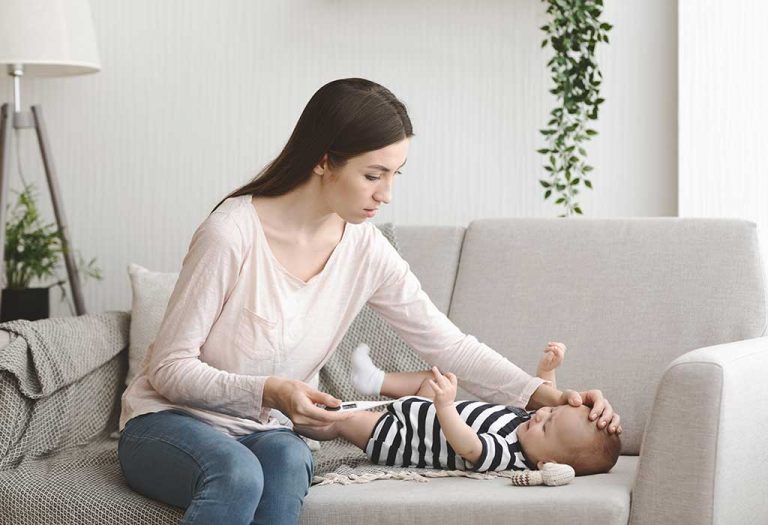
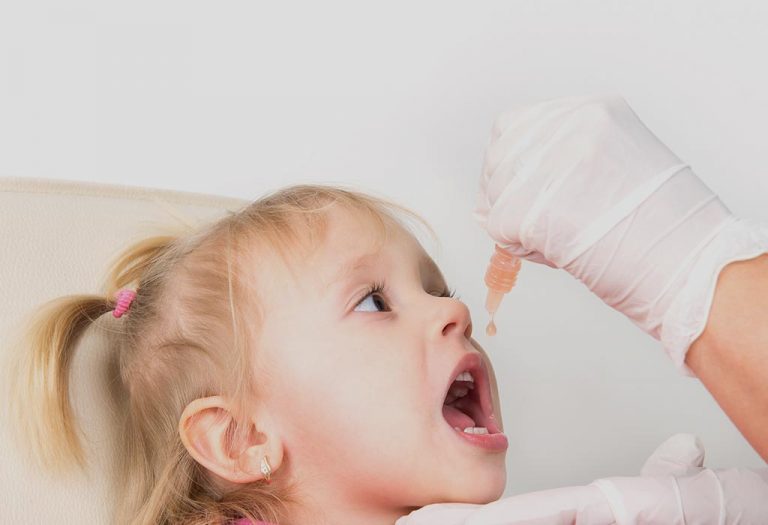
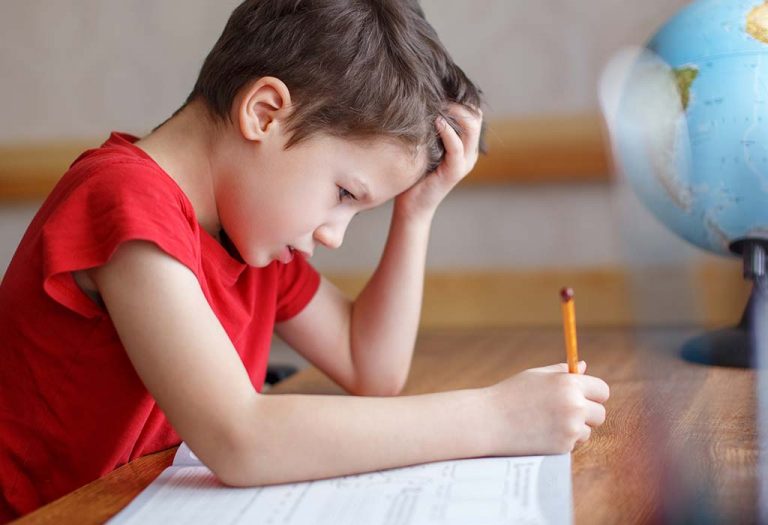



.svg)







